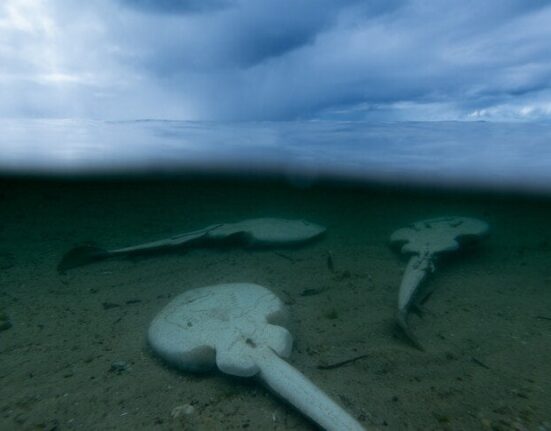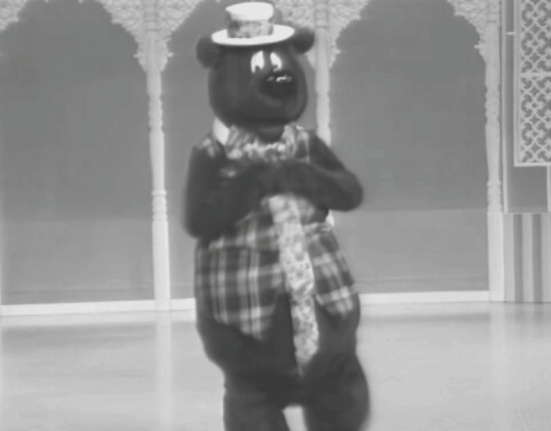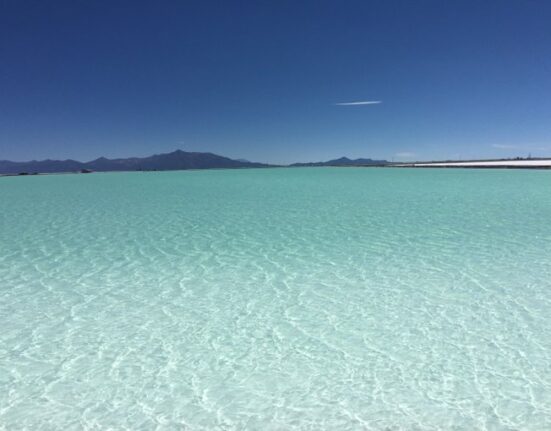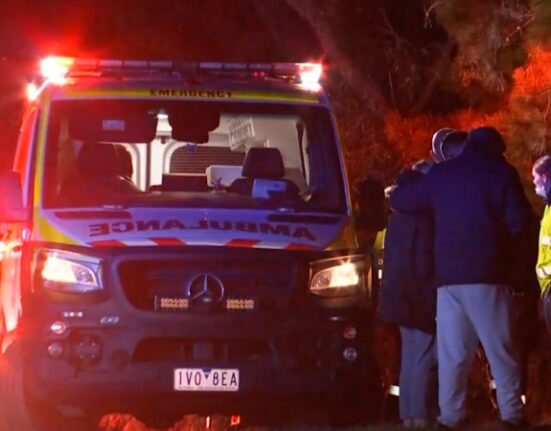Half a decade has passed since the devastating destruction of Juukan Gorge in Western Australia’s Pilbara region by mining giant Rio Tinto. This tragic event not only physically obliterated ancient rock shelters but also shattered the trust between traditional owners and the state government. Despite the public outcry that followed, the laws that allowed this destruction to occur remain largely unchanged, leaving traditional owners feeling abandoned and enraged.
The Indigenous heritage sites in the Pilbara region continue to face the threat of being decimated, with little to no effective protections in place. The state government’s response to the Juukan Gorge disaster has been criticized by traditional owners and experts alike. Despite initial attempts to introduce stricter heritage legislation, the reforms were short-lived, and the outdated laws were reinstated, failing to prevent future incidents like the one at Juukan Gorge.
The inadequate protection of Aboriginal heritage sites under the 1972 Aboriginal Heritage Act has been a point of contention for years. The legislation, which puts traditional owners on the sidelines of decision-making processes, has been deemed unfit for purpose. The back-and-forth regarding heritage laws in Western Australia has left traditional owners feeling disregarded and disillusioned.
Former WA Aboriginal affairs minister Ben Wyatt, a key figure in Indigenous heritage policy, expressed regret over the missed opportunity to strengthen protections for significant Aboriginal sites. Despite efforts to embed greater safeguards in legislation, the lack of concrete action has left traditional owners skeptical about the government’s commitment to preserving their heritage.
The Puutu Kunti Kurrama and Pinikura (PKKP) Aboriginal Corporation, representing the traditional owners of Juukan Gorge, voiced their frustration with the state government’s repeal of the 2021 reforms. The current legislation has been described as inadequate and ineffective, failing to provide the necessary safeguards for Aboriginal heritage sites. Native title expert Marshall McKenna highlighted the limitations of the amended 1972 act, emphasizing the need for stronger legal protections.
The ongoing destruction of heritage sites in the Pilbara region has been a harsh reality for First Nations people, with incidents similar to Juukan Gorge occurring frequently. Traditional owners like Michael Woodley from the Yindjibarndi Aboriginal Corporation stress the importance of genuine engagement processes and stronger relationships between government and industry to prevent further desecration of culturally significant sites.
The destruction at Juukan Gorge served as a wake-up call, shedding light on the broader issue of inadequate cultural heritage legislation across Australia. Gavin McDevitt, a cultural manager, emphasized the urgent need for stronger laws that prioritize the voices of traditional owners and give them the power to protect their heritage. Without meaningful involvement and consent from Indigenous communities, the risk of further heritage destruction remains high.
As the fifth anniversary of the Juukan Gorge tragedy approaches, the traditional owners are gathering to commemorate the loss and reaffirm their commitment to preserving their cultural heritage. The legacy of Juukan Gorge serves as a stark reminder of the ongoing struggle faced by Indigenous communities to protect their ancestral lands and sacred sites from irreversible harm. Despite the challenges and setbacks, traditional owners remain resilient in their fight for recognition, respect, and justice.









Leave feedback about this